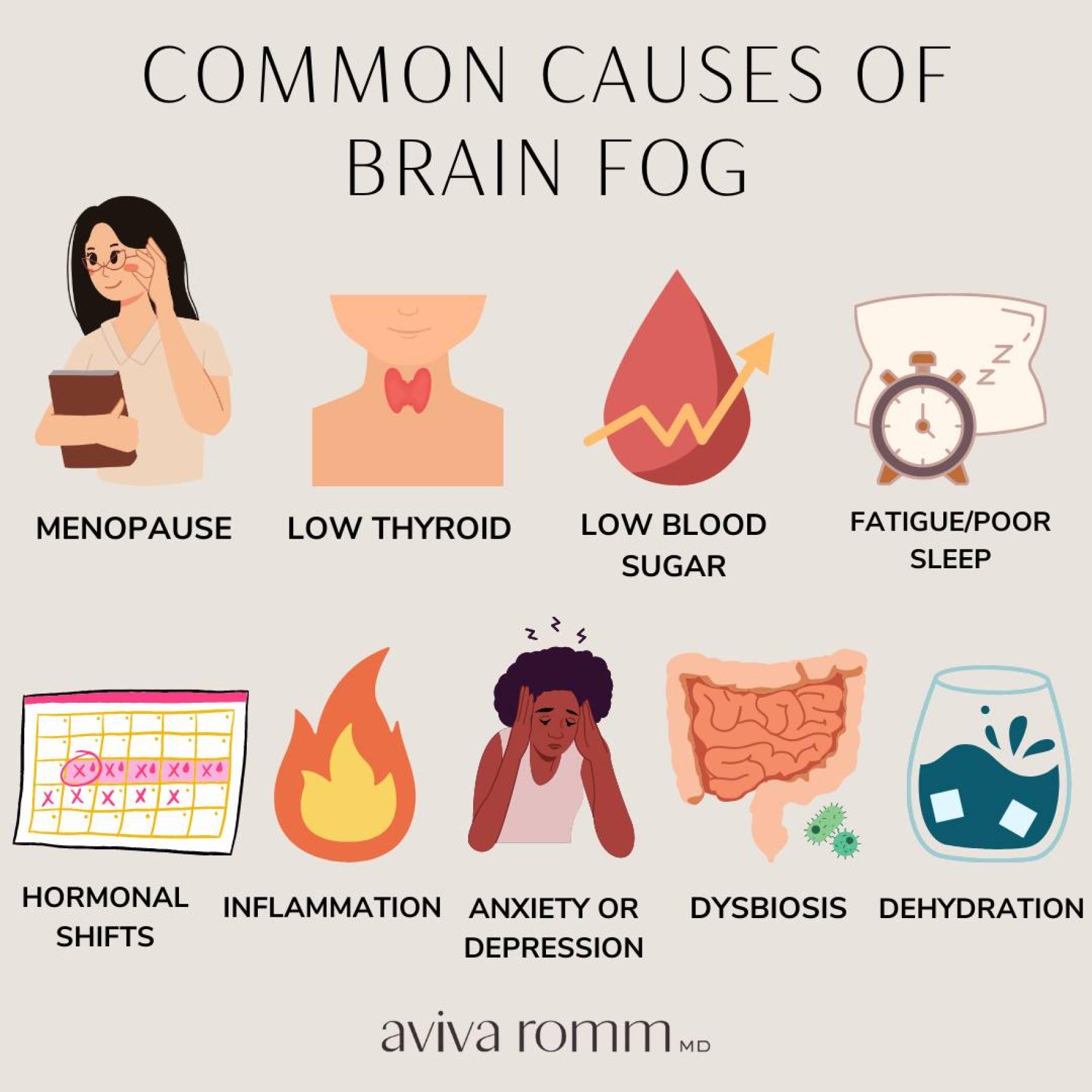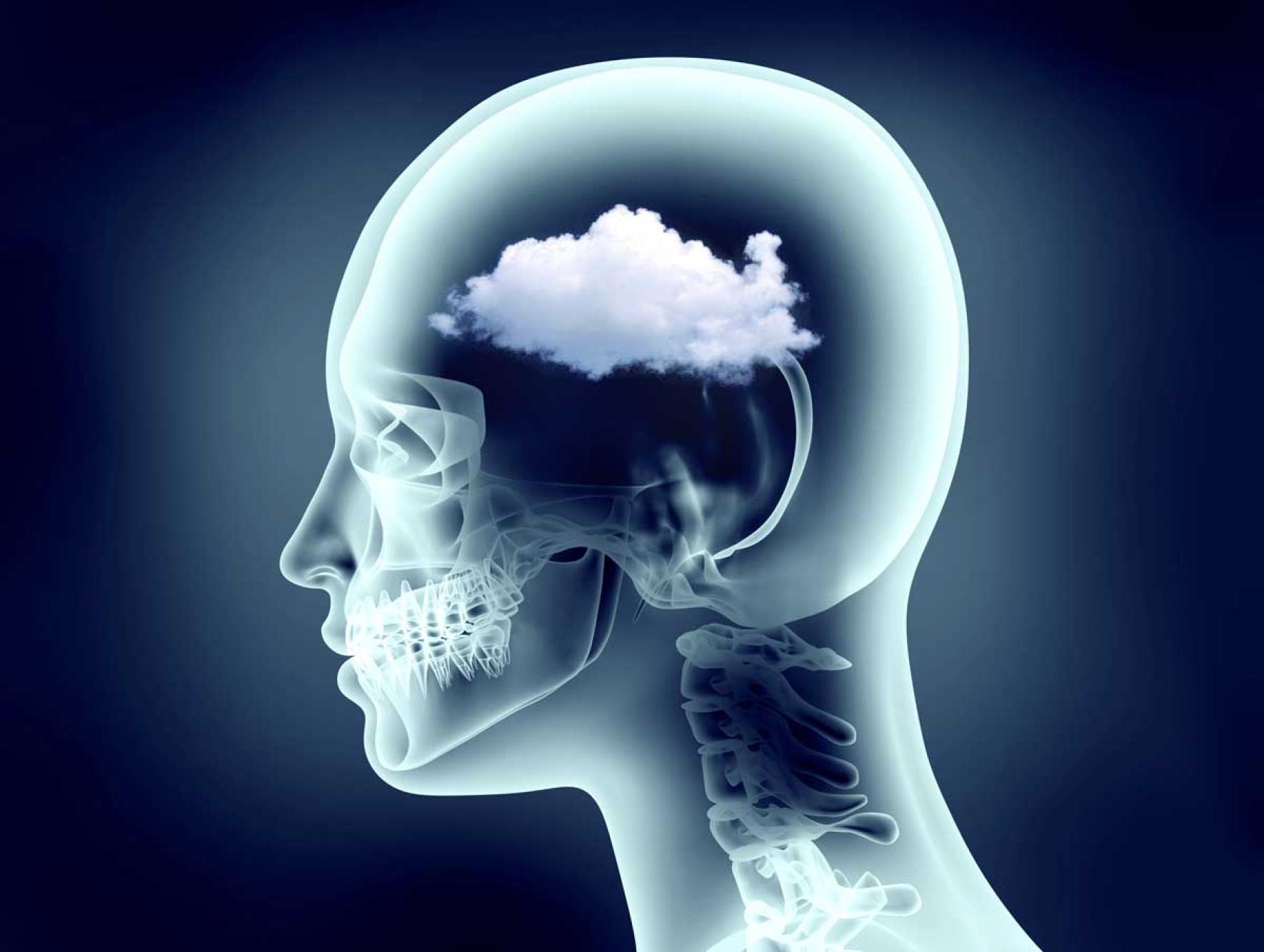Brain Fog
Brain fog is a term used to describe a group of symptoms that affect on the brain processes like memory, thinking, focusing and attention . People experiencing brain fog often describe it as feeling “spaced out,” mentally sluggish, forgetful, or confused.
Common Symptoms:
• Trouble concentrating or focusing
• Memory lapses or forgetfulness
• Mental fatigue
• Confusion or disorientation
• Difficulty finding words
Possible Causes:
• Lack of sleep or poor sleep quality
• Stress, anxiety, or depression
• Poor diet (e.g., low B12, low iron, high sugar)
• Hormonal changes (e.g., menopause, pregnancy, thyroid issues)
• Medications (especially sedatives or antihistamines)
• Chronic conditions like chronic fatigue syndrome, or autoimmune diseases
• Long COVID or post-viral symptoms
• Dehydration
• Alcohol or drug use
What You Can Do:
1. Get better sleep – Aim for 7–9 hours of quality sleep per night.
2. Stay hydrated – Drink plenty of water throughout the day.
3. Improve nutrition – Eat a balanced diet with enough healthy fats, protein, and micronutrients.
4. Exercise – Regular movement boosts blood flow to the brain.
5. Manage stress – Mindfulness, therapy, or relaxation techniques can help.
6. Check medications – Review them with your doctor for potential side effects.
7. Get tested – A doctor can check for deficiencies, thyroid issues, or other medical causes.
If brain fog is persistent or worsening, it’s important to consult with a healthcare provider to rule out underlying conditions. Would you like help tracking symptoms or creating a daily plan to manage it?



